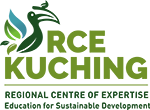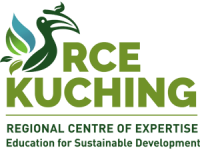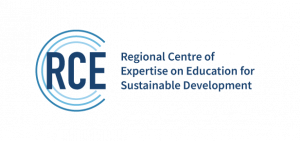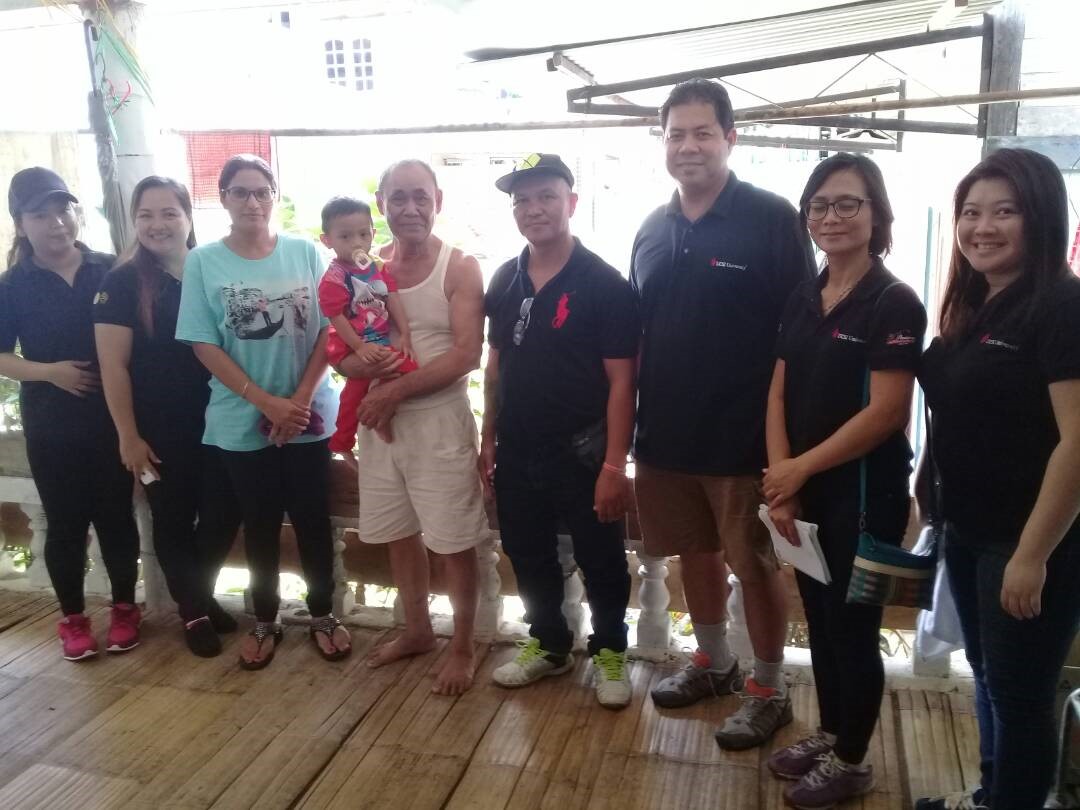cratosroyalbet palacebet cratosroyalbet giriş betwild giriş palacebet giriş betwoon radissonbet royalbet giriş betwoon giriş royalbet betwild hızlıbahis spinco maxwin superbet damabet superbet giriş damabet giriş grandpashabet giriş betgit Bycasino Tipobet bayspin betorspin sahabet onwin
porno
porno izle
porno doeda
ramadabet giriş • slotica giriş • leogrand giriş • slotday giriş • venombet giriş • deobet giriş • ritzbet giriş • exonbet • betwild • radissonbet • pashagaming • palacebet • maxwin • spinco giriş • betsin • betsalvador • palazzobet • royalbet • grandpashabet •





